The decline of veganism
The market for meat and dairy alternatives is shrinking so is the plant-based bubble bursting?
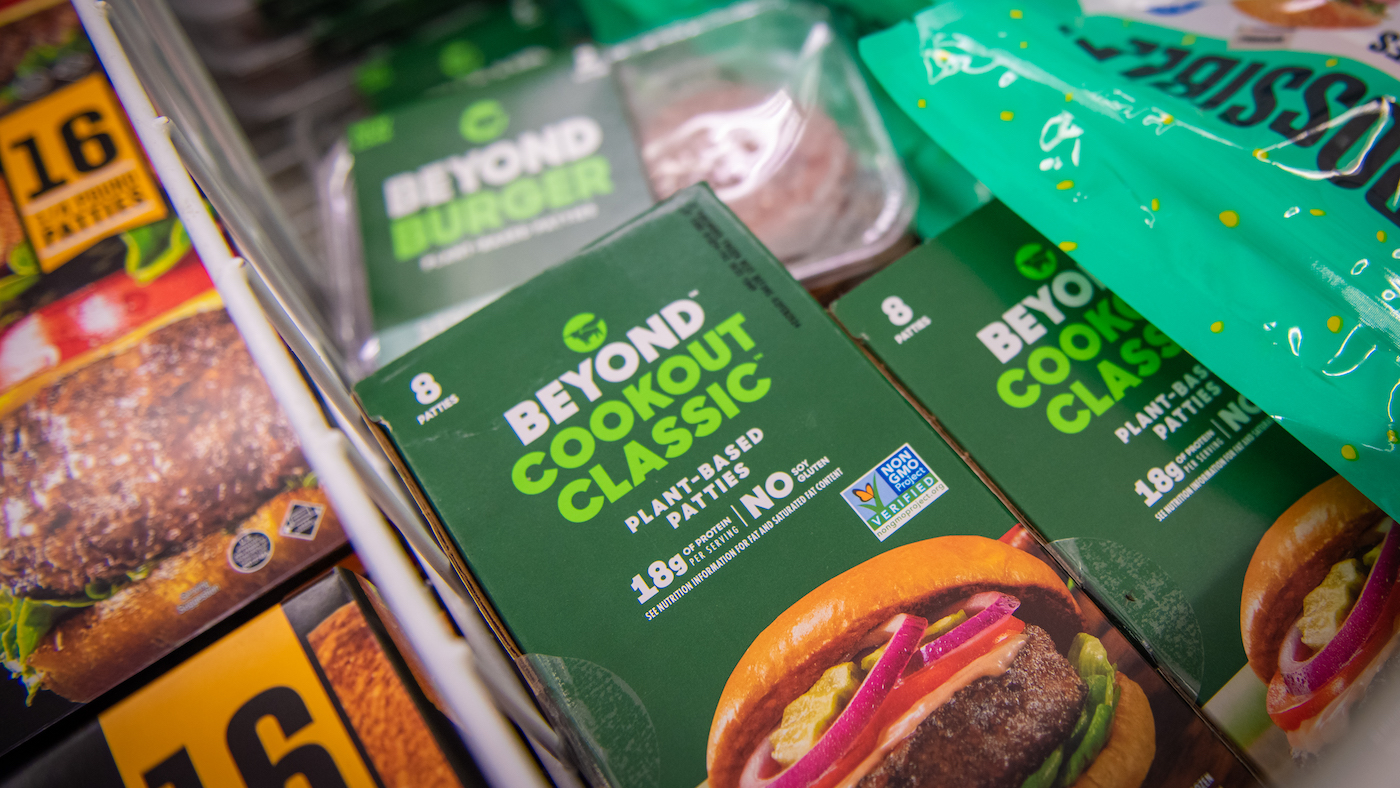
A free daily email with the biggest news stories of the day – and the best features from TheWeek.com
You are now subscribed
Your newsletter sign-up was successful
Vegan food company Meatless Farm has announced it will cease trading amid a stagnating and overcrowded market of meat and dairy alternatives.
In 2021, the UK firm was selling over “£11m worth of its plant-based mince, burgers and chicken breasts”, said the BBC. But a “wider slump” in the market has meant that Meatless Farm will make its entire workforce redundant and adds to further questions about the long-term health of the vegan and vegetarian food markets.
Sales of meat alternatives are still forecast to “rise over the long term”, but the immediate demand in the UK and overseas has not been “as large or explosive as many firms anticipated”, said The Guardian.
The Week
Escape your echo chamber. Get the facts behind the news, plus analysis from multiple perspectives.

Sign up for The Week's Free Newsletters
From our morning news briefing to a weekly Good News Newsletter, get the best of The Week delivered directly to your inbox.
From our morning news briefing to a weekly Good News Newsletter, get the best of The Week delivered directly to your inbox.
The stagnation is not affecting brands equally, however. The UK market retains “strong potential” for the “right products” with some companies reporting “significant increases in sales” despite the overall downward trend.
What is happening to the market?
There are “signs of faltering demand” and “mixed investor appetite” for the vegan food sector, said the Financial Times, and the overall “economic slowdown” was a major contributing factor to the troubled market.
It’s not just the likes of Meatless Farm – which held just “1.2% share of the market” in the UK last year, according to the BBC – that are struggling against the tide. The share price of the “US pioneer of meat alternatives” Beyond Meat has fallen 95%, the FT added. In the UK, companies including Nestlé, Oatly, Innocent Drinks and Heck have all had to trim their line of products due to a “lack of consumer demand”, said the BBC.
Many of these companies took the opportunity to “tap into the vegan market”, which experienced significant growth in the latter part of the last decade. In fact, in 2019 “nearly a quarter” of new food products brought to market were “labelled vegan”, said The Guardian. But the “boom-time” may now be over for many of those products in a market “overcrowded” with choice.
A free daily email with the biggest news stories of the day – and the best features from TheWeek.com
Are fewer people opting for veganism?
The market’s decline is not necessarily led by an overall decline in those identifying as vegan. Around 2% of the UK population describe themselves as vegan, according to YouGov, a similar figure to the 600,000 people reported by The Vegan Society in 2019.
Plant-based food companies “remain popular with vegans and vegetarians”, said The Guardian, but they “need to attract consumers cutting back on meat and dairy”.
According to data from an NIQ report, 38% of the UK population looks to replace meat-based meals with a vegan or vegetarian option at least once a week but price is now a stumbling block. Consumers are “becoming more price sensitive” to the economic conditions, said European Supermarket Magazine, with plant-based options still costing “significantly more than standard ranges”.
That was exemplified during Veganuary, when people sign up to eat a vegan diet during January. Despite a record number of over 700,000 sign-ups, there was still a “decline in unit sales for most dairy and meat alternative categories” compared to the previous year.
That “points to a significant problem” of meat and dairy alternatives, said Helaine Olen in The Washington Post: they are “often more expensive than at least the budget version of the real thing”. When consumer finances become squeezed “such novelties become all too easy to dispense with”, she said. People want to “do right by the environment and their health” but not at the “significant cost to their taste buds or wallet”.
What is the future for plant-based alternatives?
The alternative food industry is in need of a “shakeout” due to the “oversaturation of plant-based brands” within the sector, said Food Navigator, but it remains “too early” to dismiss its long-term viability.
The three issues of “price, taste, and complicated ingredient lists” might be what is “driving down” the market currently, it said, and addressing these will “broaden the appeal” and make these products “more accessible”.
The abundance of meat and dairy alternatives “may perhaps be overkill”, said Celia Walden in The Telegraph, labelling the market surge “a fad”. “Swear off animal products if you like,” she wrote, but the industry could benefit from not pretending vegan products are meat and dressing “things up as something they’re not”.
Richard Windsor is a freelance writer for The Week Digital. He began his journalism career writing about politics and sport while studying at the University of Southampton. He then worked across various football publications before specialising in cycling for almost nine years, covering major races including the Tour de France and interviewing some of the sport’s top riders. He led Cycling Weekly’s digital platforms as editor for seven of those years, helping to transform the publication into the UK’s largest cycling website. He now works as a freelance writer, editor and consultant.
-
 Political cartoons for February 15
Political cartoons for February 15Cartoons Sunday's political cartoons include political ventriloquism, Europe in the middle, and more
-
 The broken water companies failing England and Wales
The broken water companies failing England and WalesExplainer With rising bills, deteriorating river health and a lack of investment, regulators face an uphill battle to stabilise the industry
-
 A thrilling foodie city in northern Japan
A thrilling foodie city in northern JapanThe Week Recommends The food scene here is ‘unspoilt’ and ‘fun’
-
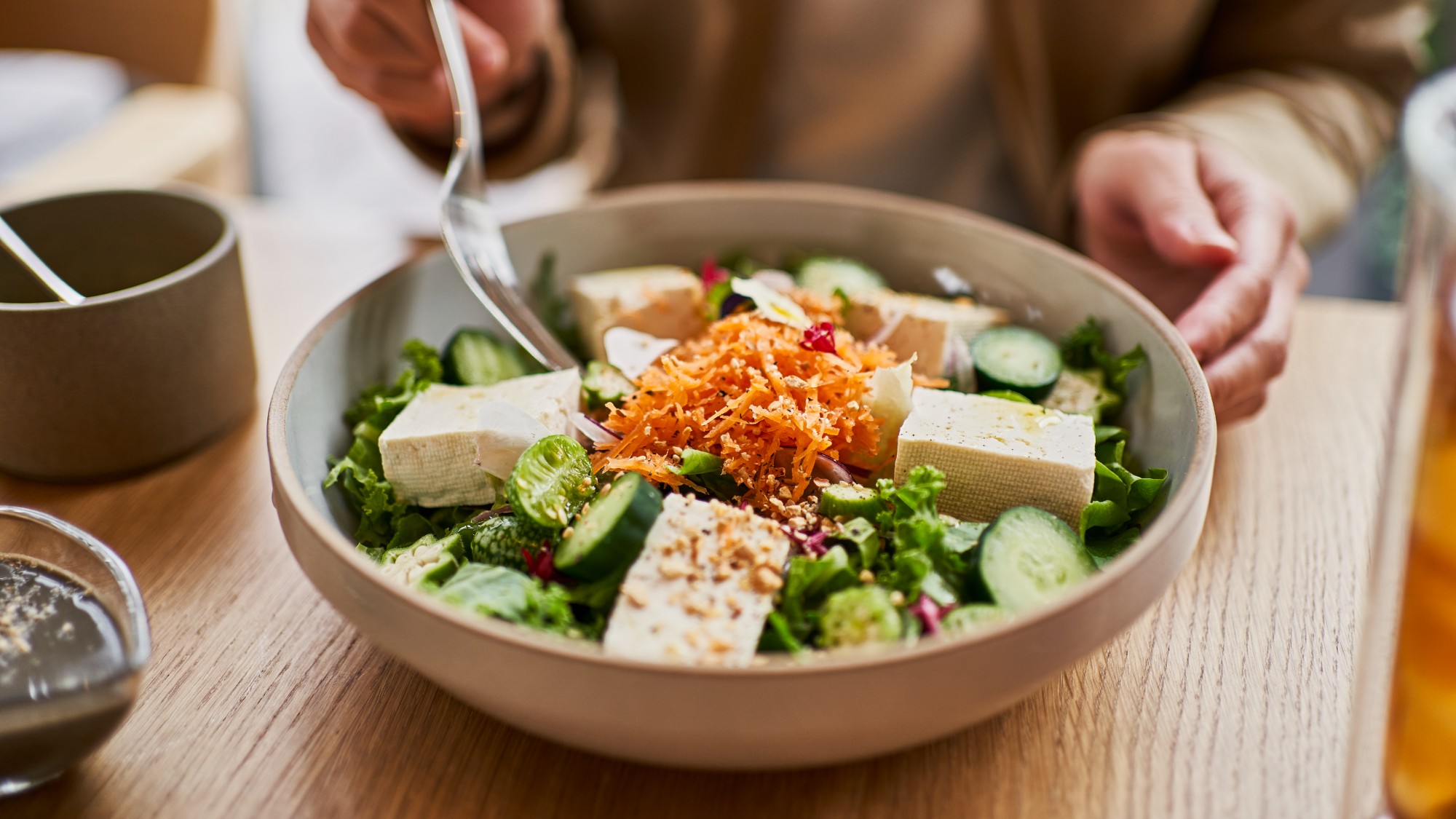 Tips and tricks for Veganuary
Tips and tricks for VeganuaryThe Week Recommends Here are some of our best recommendations for a plant-based start to the year
-
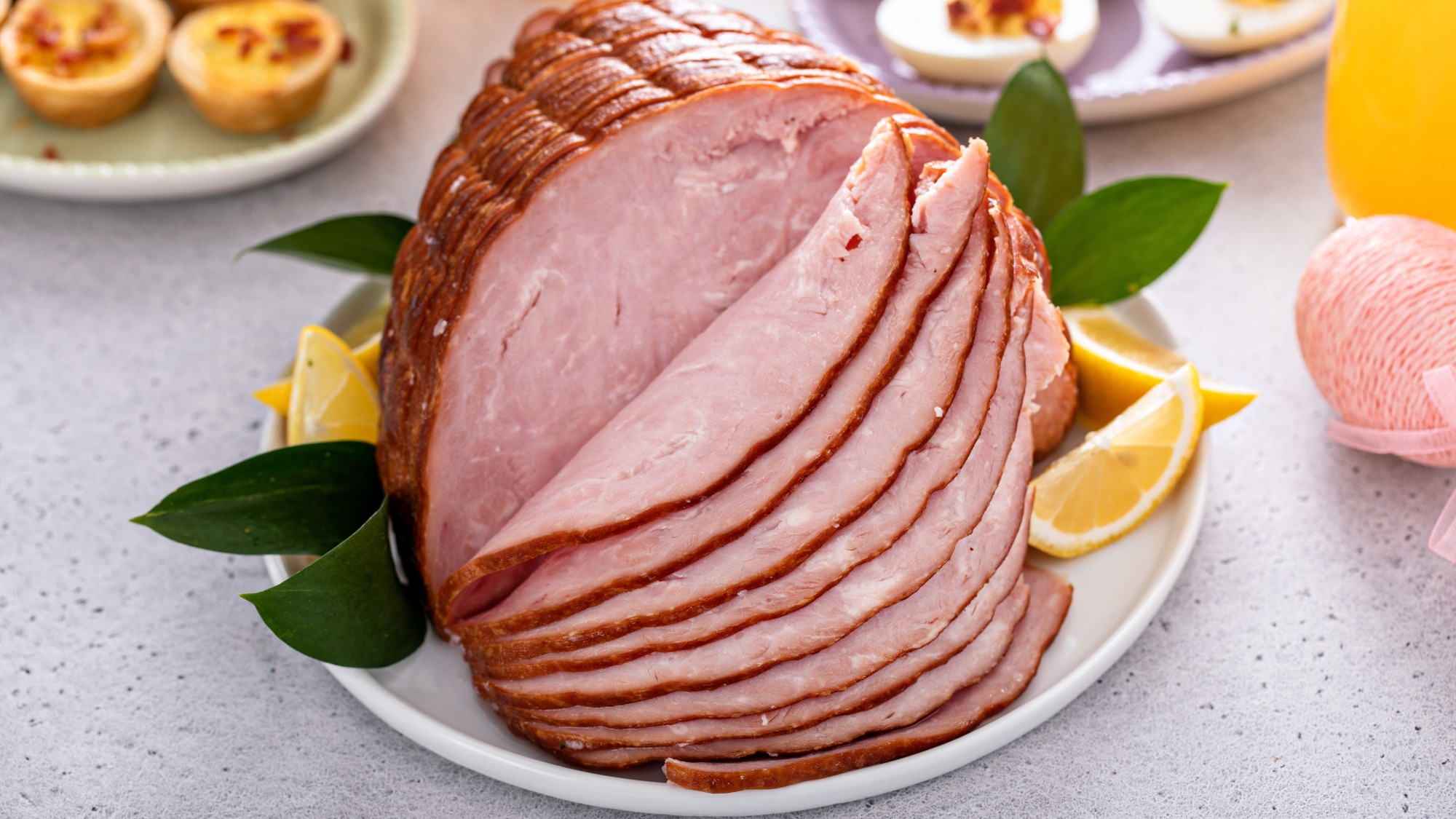 The link between meat and diabetes
The link between meat and diabetesThe Explainer Study links processed meat to the disease, but it has an 'inevitable' limitation
-
 Vegan ice creams to try this summer
Vegan ice creams to try this summerThe Week Recommends Plant-based frozen desserts are growing fast and bursting with flavour
-
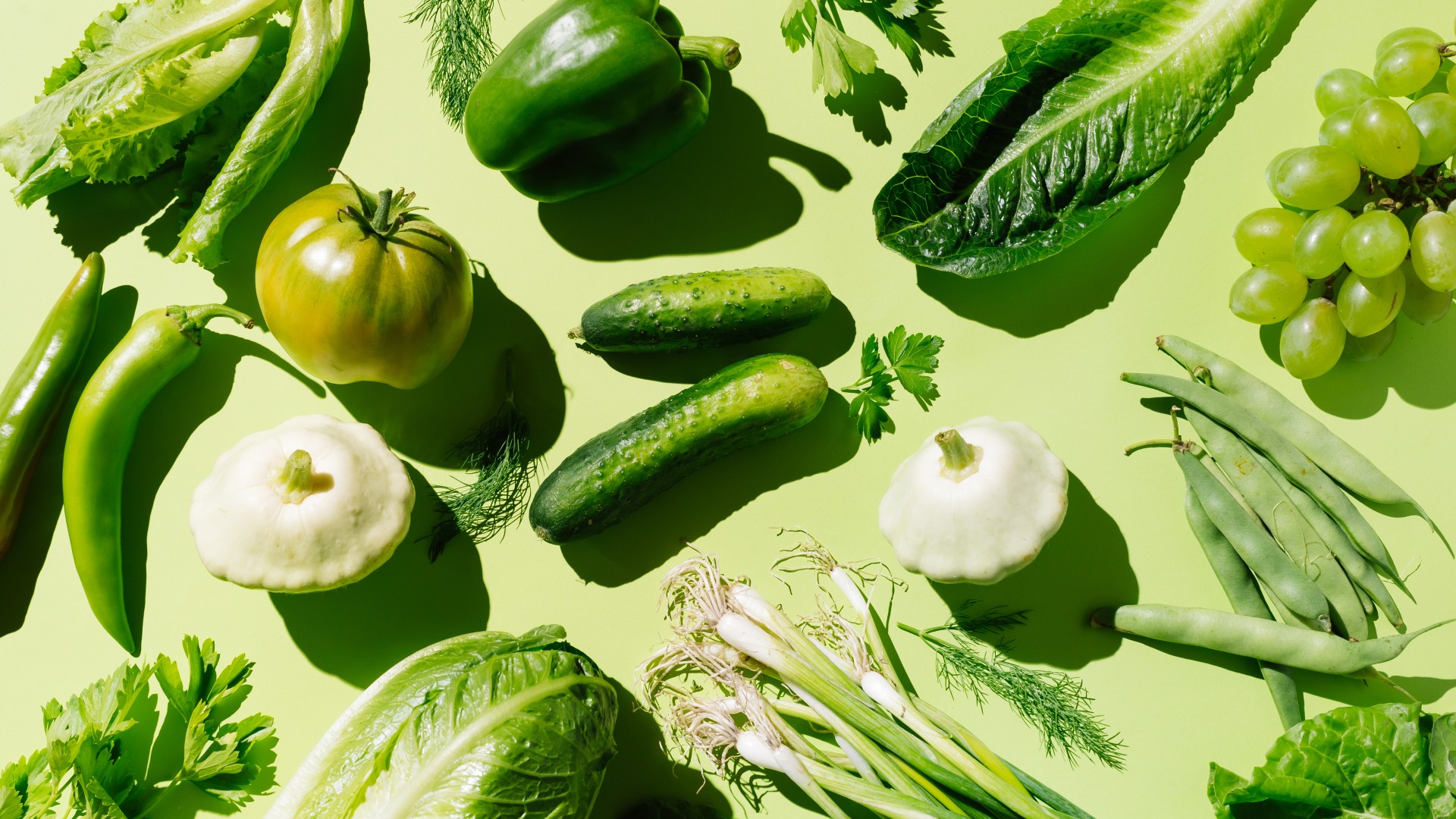 A return to basics: unprocessed vegan food makes a comeback
A return to basics: unprocessed vegan food makes a comebackThe Week recommends More people who eat a plant-based diet are avoiding meat substitutes and choosing to cook from scratch
-
 France bans vegan ‘steaks’ and ‘ribs’
France bans vegan ‘steaks’ and ‘ribs’Talking Point French farmers and meat producers have long argued terms like ‘vegan sausage’ confuse customers
-
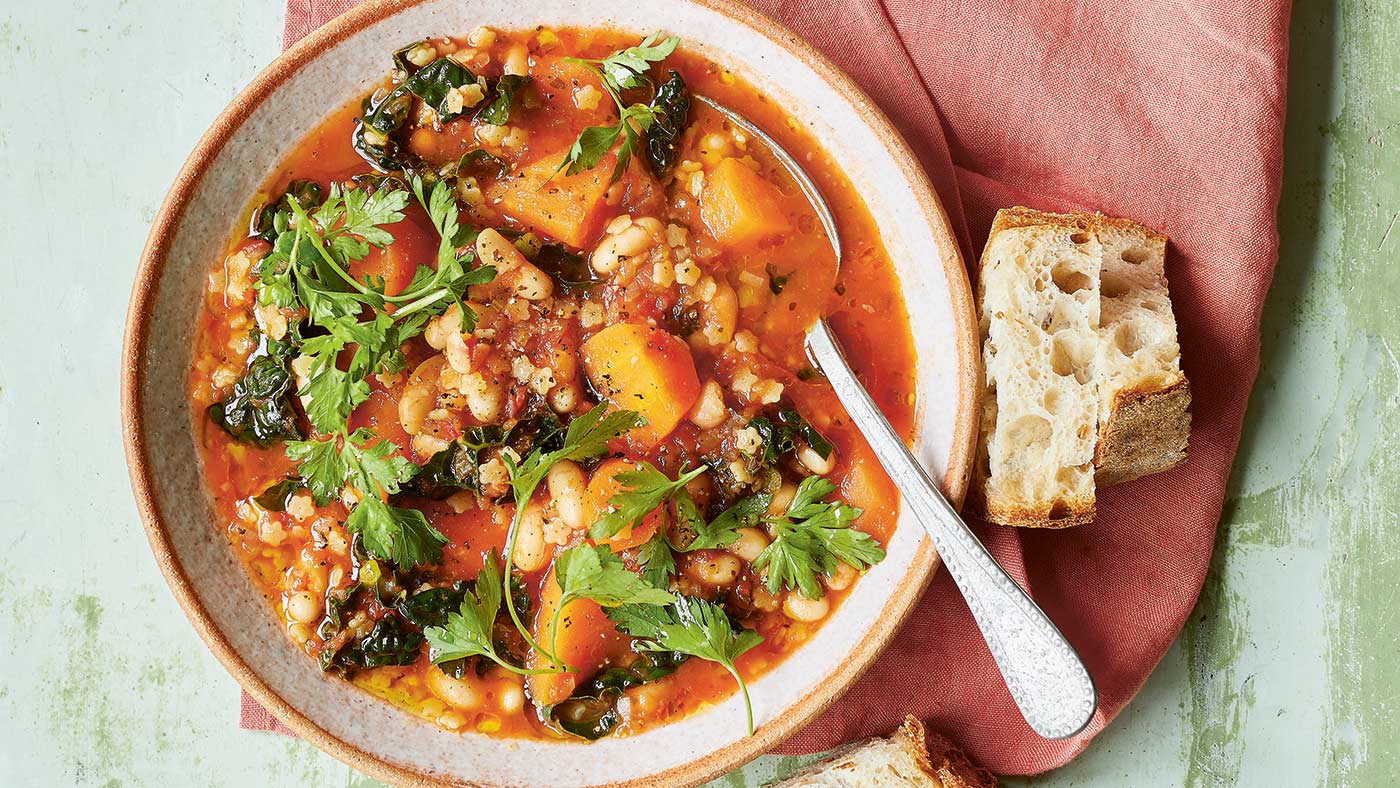 Recipe of the week: tomato, bean and pasta soup
Recipe of the week: tomato, bean and pasta soupThe Week Recommends This hearty, comforting dish can be served with a few croutons or some crusty bread
-
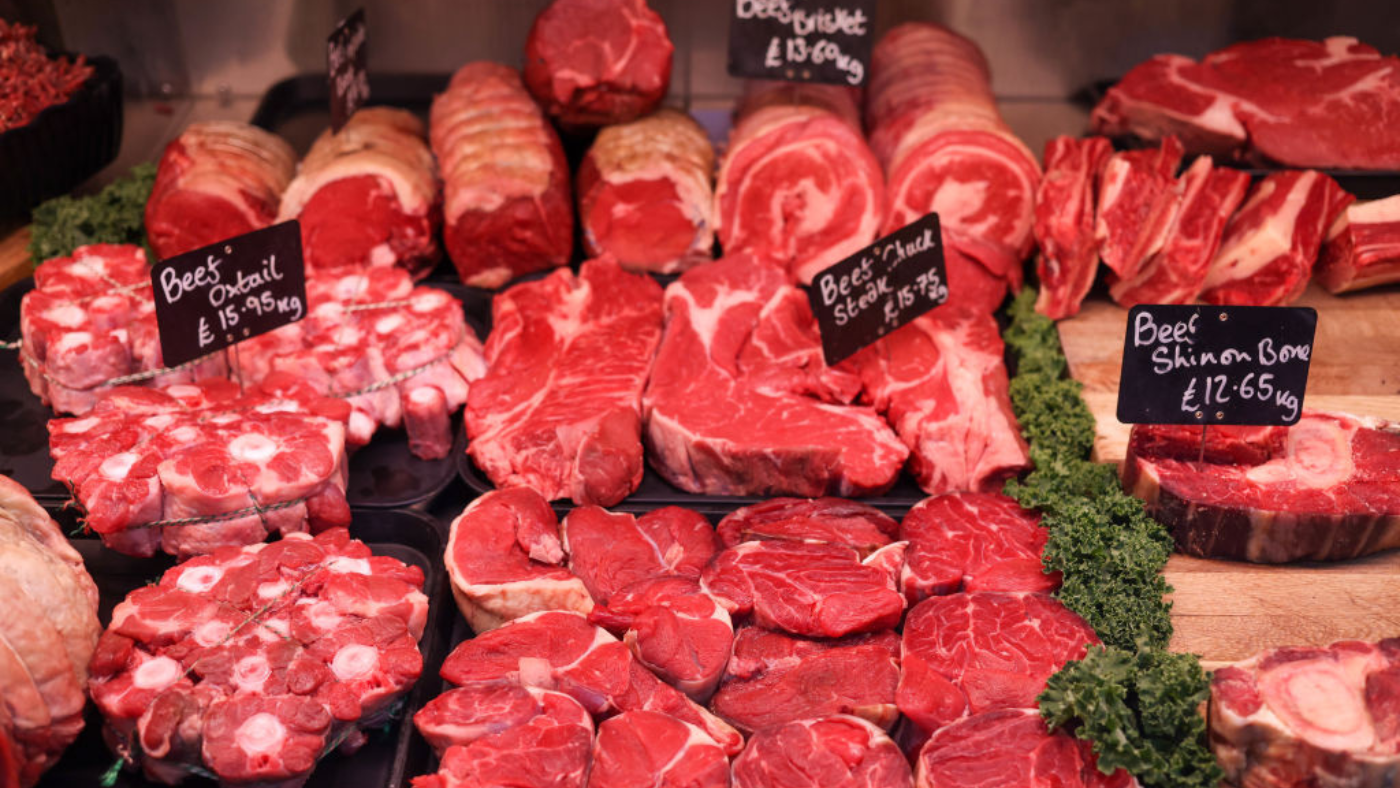 How bad for the environment is eating meat?
How bad for the environment is eating meat?In Depth Livestock farming produces 14.5% of global emissions but Britain’s farmers aim to be net zero by 2040
-
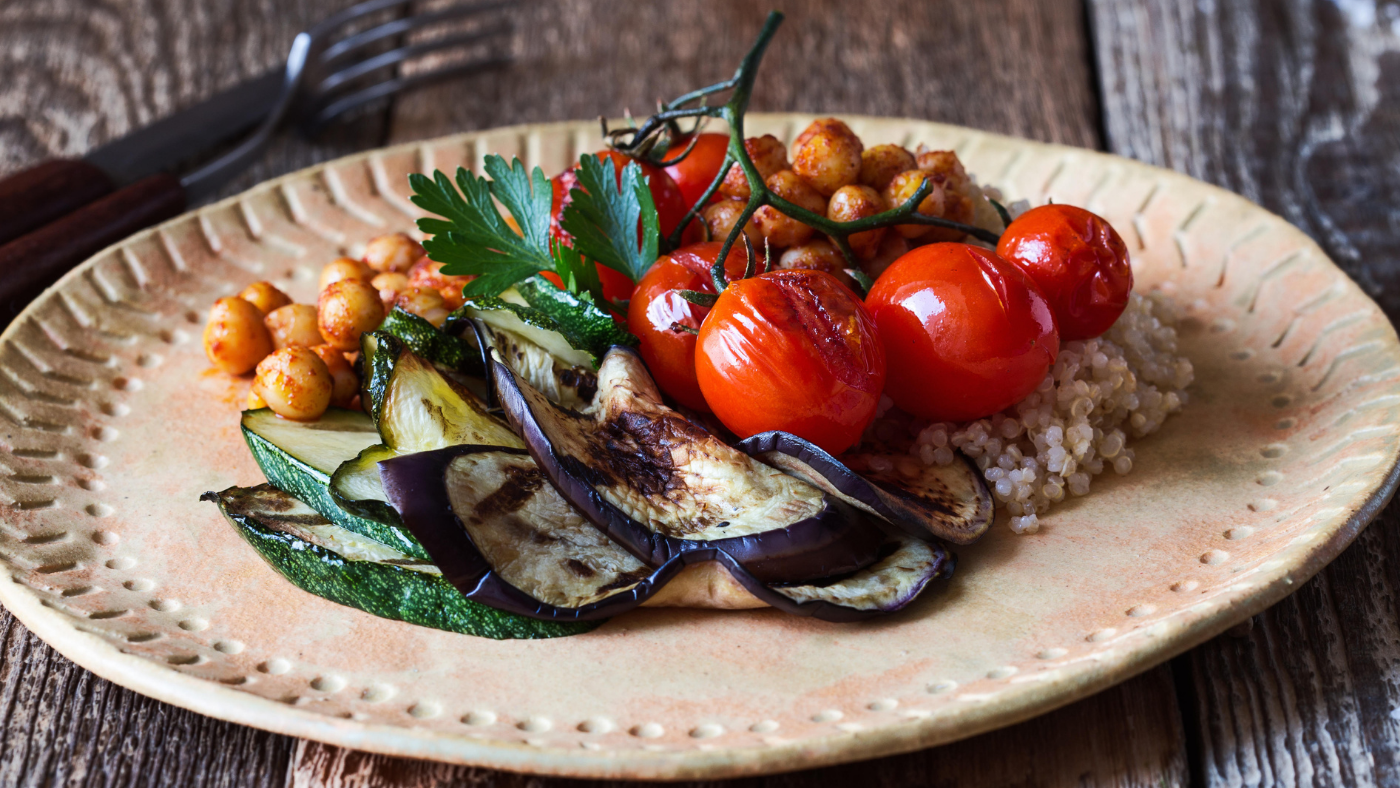 Best vegan and vegetarian restaurants in Manchester
Best vegan and vegetarian restaurants in ManchesterThe Week Recommends The warehouse city has enviable eateries for plant-based diners